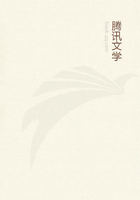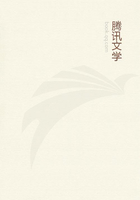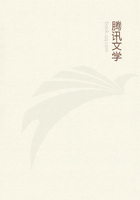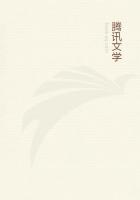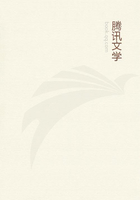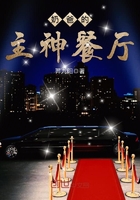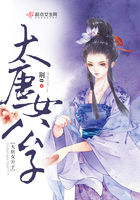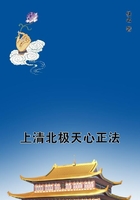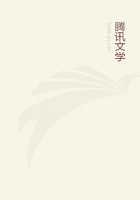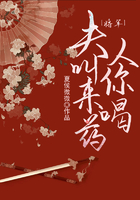To men thus sick of the languid manner of their contemporaries ruggedness seemed a venial fault, or rather a positive merit.
In their hatred of meretricious ornament, and of what Cowper calls "creamy smoothness," they erred on the opposite side.
Their style was too austere, their versification too harsh.
It is not easy, however, to overrate the service which they rendered to literature. The intrinsic value of their poems is considerable. But the example which they set of mutiny against an absurd system was invaluable. The part which they performed was rather that of Moses than that of Joshua. They opened the house of bondage; but they did not enter the promised land.
During the twenty years which followed the death of Cowper, the revolution in English poetry was fully consummated. None of the writers of this period, not even Sir Walter Scott, contributed so much to the consummation as Lord Byron. Yet Lord Byron contributed to it unwillingly, and with constant self-reproach and shame. All his tastes and inclinations led him to take part with the school of poetry which was going out against the school which was coming in. Of Pope himself he spoke with extravagant admiration. He did not venture directly to say that the little man of Twickenham was a greater poet than Shakspeare or Milton; but he hinted pretty clearly that he thought so. Of his contemporaries, scarcely any had so much of his admiration as Mr. Gifford, who, considered as a poet, was merely Pope, without Pope's wit and fancy, and whose satires are decidedly inferior in vigour and poignancy to the very imperfect juvenile performance of Lord Byron himself. He now and then praised Mr. Wordsworth and Mr. Coleridge, but ungraciously and without cordiality. When he attacked them, he brought his whole soul to the work. Of the most elaborate of Mr. Wordsworth's poems he could find nothing to say, but that it was "clumsy, and frowsy, and his aversion." Peter Bell excited his spleen to such a degree that he evoked the shades of Pope and Dryden, and demanded of them whether it were possible that such trash could evade contempt? In his heart he thought his own Pilgrimage of Harold inferior to his Imitation of Horace's Art of Poetry, a feeble echo of Pope and Johnson. This insipid performance he repeatedly designed to publish, and was withheld only by the solicitations of his friends. He has distinctly declared his approbation of the unities, the most absurd laws by which genius was ever held in servitude. In one of his works, we think in his letter to Mr. Bowles, he compares the poetry of the eighteenth century to the Parthenon, and that of the nineteenth to a Turkish mosque, and boasts that, though he had assisted his contemporaries in building their grotesque and barbarous edifice, he had never joined them in defacing the remains of a chaster and more graceful architecture. In another letter he compares the change which had recently passed on English poetry to the decay of Latin poetry after the Augustan age. In the time of Pope, he tells his friend, it was all Horace with us. It is all Claudian now.
For the great old masters of the art he had no very enthusiastic veneration. In his letter to Mr. Bowles he uses expressions which clearly indicate that he preferred Pope's Iliad to the original. Mr. Moore confesses that his friend was no very fervent admirer of Shakspeare. Of all the poets of the first class Lord Byron seems to have admired Dante and Milton most. Yet in the fourth canto of Childe Harold, he places Tasso, a writer not merely inferior to them, but of quite a different order of mind, on at least a footing of equality with them. Mr. Hunt is, we suspect, quite correct in saying that Lord Byron could see little or no merit in Spenser.
But Byron the critic and Byron the poet were two very different men. The effects of the noble writer's theory may indeed often be traced in his practice. But his disposition led him to accommodate himself to the literary taste of the age in which he lived; and his talents would have enabled him to accommodate himself to the taste of any age. Though he said much of his contempt for mankind, and though he boasted that amidst the inconstancy of fortune and of fame he was all-sufficient to himself, his literary career indicated nothing of that lonely and unsocial pride which he affected. We cannot conceive him, like Milton or Wordsworth, defying the criticism of his contemporaries, retorting their scorn, and labouring on a poem in the full assurance that it would be unpopular, and in the full assurance that it would be immortal. He has said, by the mouth of one of his heroes, in speaking of political greatness, that "he must serve who fain would sway"; and this he assigns as a reason for not entering into political life. He did not consider that the sway which he had exercised in literature had been purchased by servitude, by the sacrifice of his own taste to the taste of the public.
He was the creature of his age; and whenever he had lived he would have been the creature of his age. Under Charles the First Byron would have been more quaint than Donne. Under Charles the Second the rants of Byron's rhyming plays would have pitted it, boxed it, and galleried it, with those of any Bayes or Bilboa.
Under George the First, the monotonous smoothness of Byron's versification and the terseness of his expression would have made Pope himself envious.

